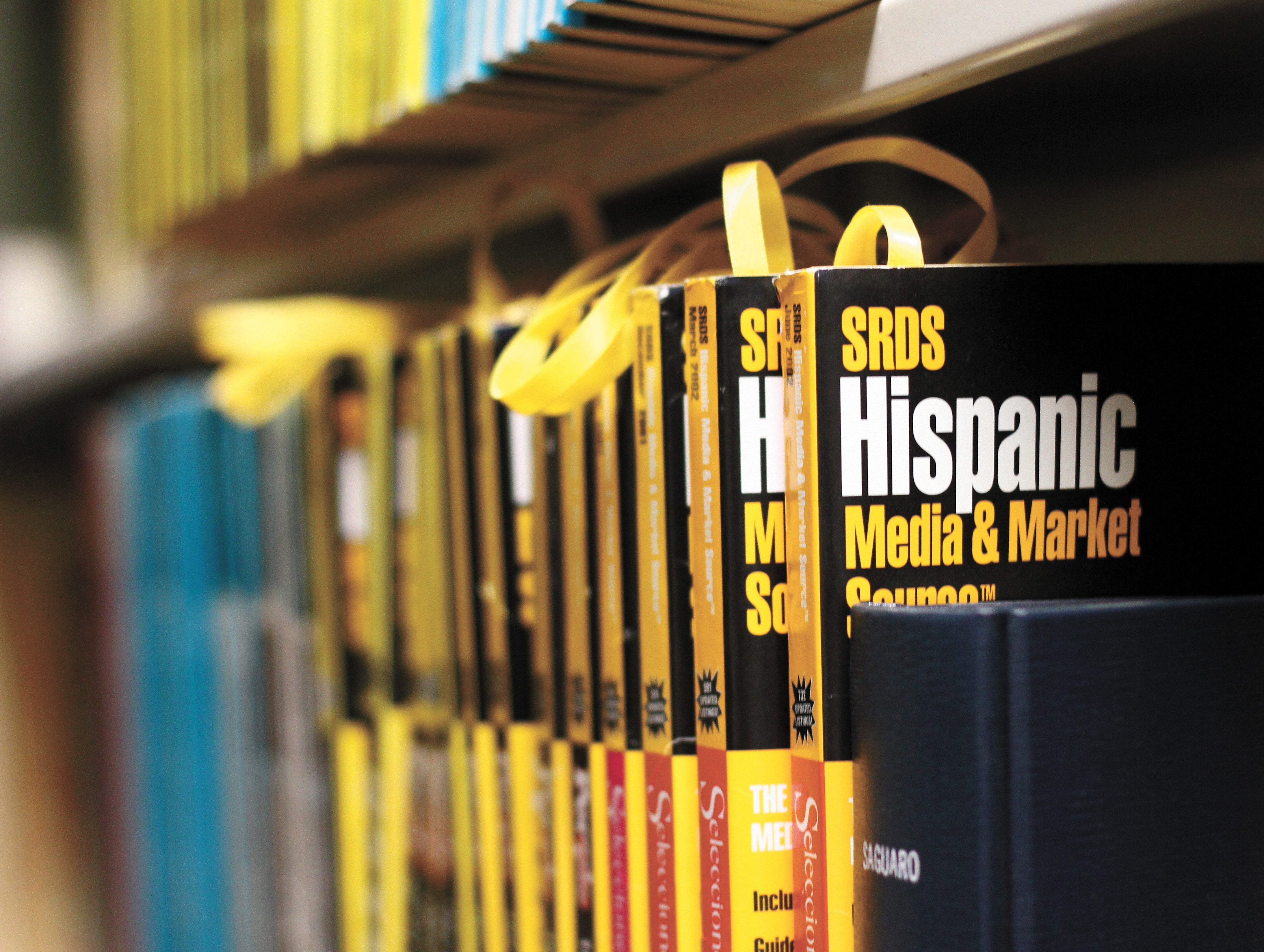With bright, open floor space and stacking book shelves, the newly renovated Chicano Studies Research Center Library in Haines Hall is a far cry from the disorganized, stuffy space it was just three months ago.
“The computers were hand-me-downs, the tables were stacked with boxes, every corner was crammed,” said Lizette Guerra, the librarian and archivist. “This place needed a face-lift.”
The library houses more than one-third of the Chicano archives in California and remains the only free-standing, independent Chicano Studies library in the United States. The research center and library were founded in 1969 after university-wide protests led to the drafting of El Plan de Santa Barbara, which outlined how universities should support Chicano studies.
Renovations began Dec. 13, and the library celebrated its reopening Tuesday with a ceremony for donors, artists and politicians.
“Our activity was outpacing our space, but it also just looked ugly,” said Chon Noriega, the center’s director, in a speech to about 100 people who attended the ceremony. “One of the things we wanted (it to be) was a space that really breathed … our culture and history.”
Chicano paintings now line the walls, which are red and beige as a tribute to Mexican-American art. One of the architects who designed the space was a young Chicana, Victoria Padilla-Lima. The library, Noriega said, now truly embodies the spirit of the center.
The redesign was funded entirely by private donations ““ the library has no budget of its own. It relies on foundations and individuals for collections and new books.
One of the most prominent collections is Edward R. Roybal’s documents and photographs. Roybal was one of California’s first Mexican-American congressmen and was an influential member in the Chicano/a community until his death in 2005.
Lillian Roybal-Rose spoke to the audience about her father and said the preservation of his documents would provide valuable primary sources for future scholars.
Karen Mary Davalos, a professor at Loyola Marymount University, has published two books through the center and is working on a third. She conducted almost all of her research at the library.
“This space allows for a kind of creativity I can’t find anywhere else in the world,” Davalos said. “I could only have written my book here.”
The reopening ceremony ended with a song inspired by the Frontera Collection, an online archive of more than 40,000 Chicano songs from the first half of the twentieth century.
“It’s important that we don’t just talk about art, but that we do it,” Noriega said.
While the library draws scholars from all over the world, Guerra said it has had the most impact on the local community.
“The library is a reflection of the heterogeneity of Los Angeles,” Guerra said.
“We’re a Chicano/a Studies library, but all Latinos are reflected in our collections.”
